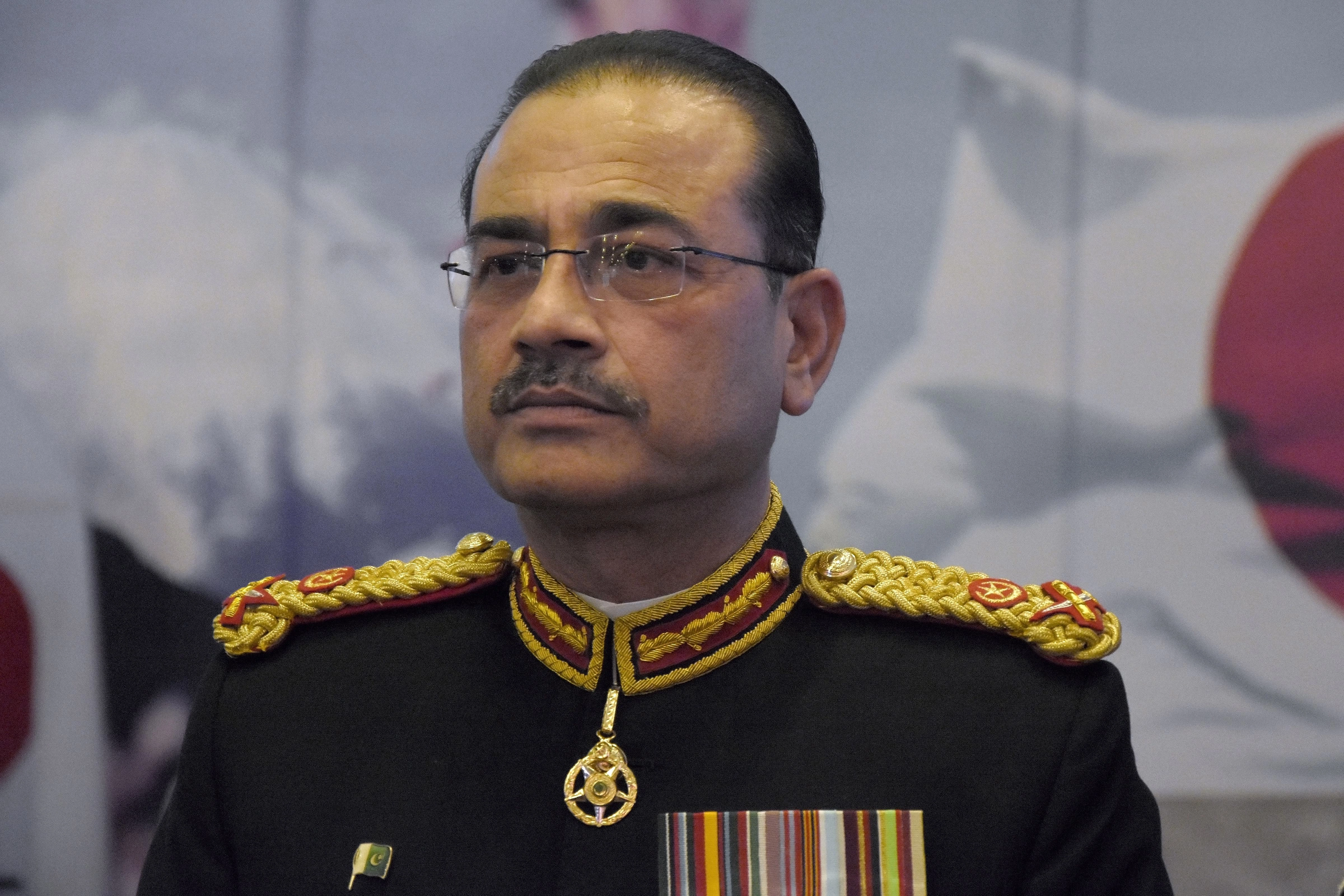In the wake of General Asim Munir’s recent threats, the international community finds itself scrutinizing Pakistan’s nuclear capabilities with renewed vigor. General Munir, the Chief of Army Staff, has made statements underscoring Pakistan’s readiness to defend its sovereignty, emphasizing that the nation’s nuclear arsenal remains a pivotal component of its defense strategy. This declaration not only reflects the prevailing tensions in South Asia but also highlights the ongoing rivalry between Pakistan and India, particularly concerning territorial disputes in regions like Kashmir. The very mention of nuclear arms serves as a stark reminder of the volatile nature of regional geopolitics, where military posturing can escalate quickly, raising concerns about potential conflicts.
Pakistan’s nuclear program, which was established in the 1970s and has since evolved significantly, is characterized by a diverse arsenal that includes tactical and strategic nuclear weapons. The nation has developed various delivery systems, including ballistic and cruise missiles, which are designed to ensure a credible second-strike capability. This strategic deterrence is deemed essential for Pakistan, given its historical conflicts with India and the latter’s own nuclear arsenal. Moreover, the country has invested in enhancing its nuclear command and control systems, aiming to prevent unauthorized use and ensure that its nuclear capabilities remain secure and reliable.
The geopolitical implications of Pakistan’s nuclear capabilities extend beyond its immediate neighborhood. The presence of nuclear weapons in South Asia complicates diplomatic relations not only between Pakistan and India but also involves major global powers like the United States and China. The U.S. has historically maintained a strategic partnership with India, while also engaging with Pakistan, creating a delicate balance of power in the region. China’s close ties with Pakistan, especially in military cooperation, further complicate the dynamics. As the global community navigates these complexities, the emphasis on nuclear non-proliferation remains a critical topic, with calls for dialogue and confidence-building measures becoming increasingly relevant.
In summary, Asim Munir’s recent statements regarding Pakistan’s nuclear capabilities have reignited discussions about the delicate balance of power in South Asia. The strategic importance of Pakistan’s nuclear arsenal cannot be overstated, as it plays a crucial role in the nation’s defense posture. However, the potential for misunderstanding and miscalculation in such a high-stakes environment poses significant risks. As regional tensions continue to simmer, the international community must remain vigilant, advocating for diplomatic solutions that prioritize stability and security in a region fraught with historical animosities and the looming threat of nuclear escalation.




